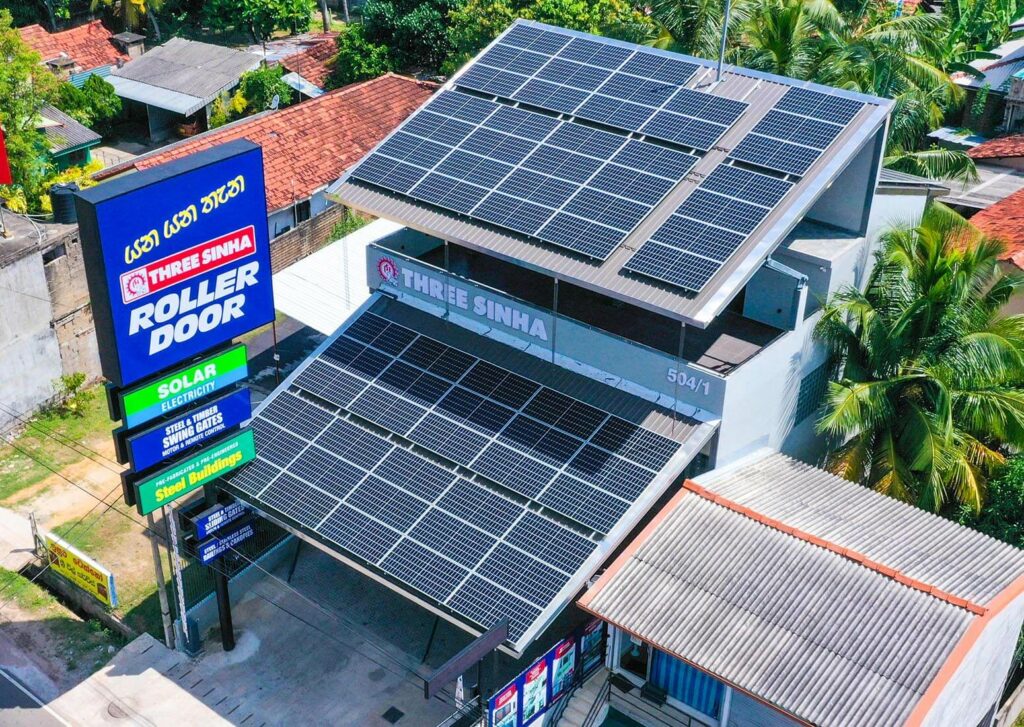Sri Lanka's Best
Most Affordable
Solar Power Solutions
Utilization of fuel, coal and nuclear heat to produce electricity destroys our natural environment
and one day our children have to play inside an air conditioned room or in a green house.
Sustainability is no longer about doing less harm. Its about doing more good.
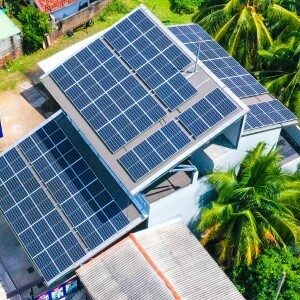
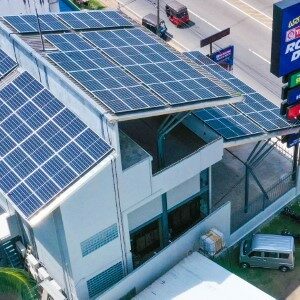
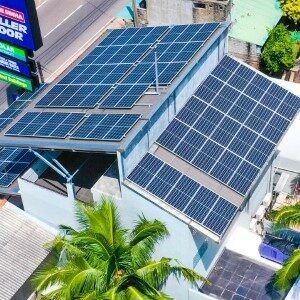
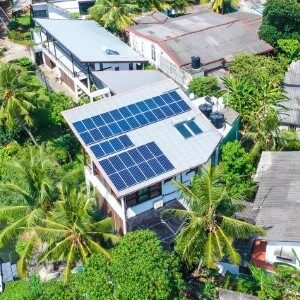
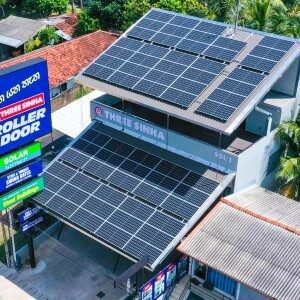
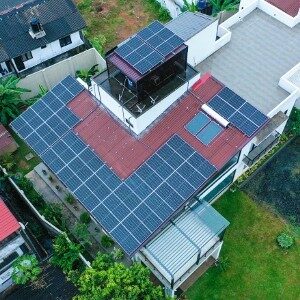
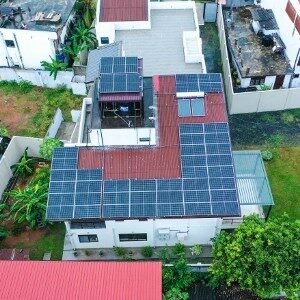
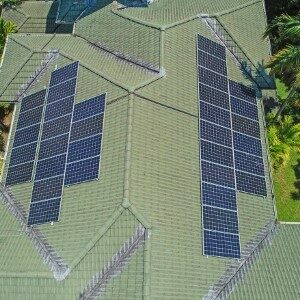
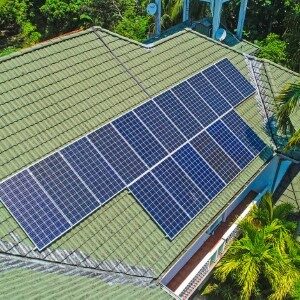
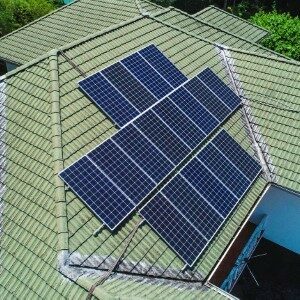
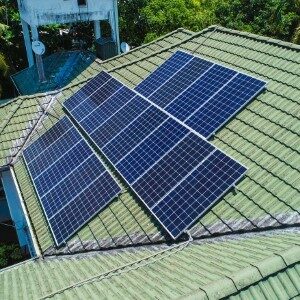
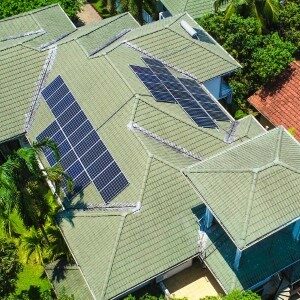
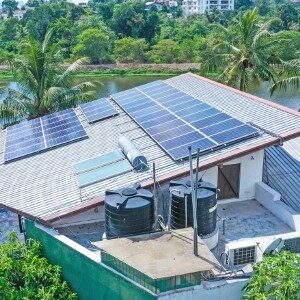
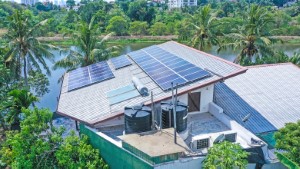
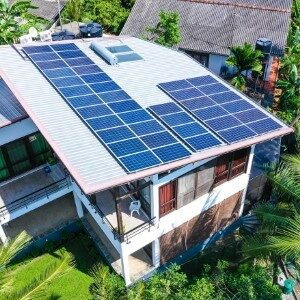
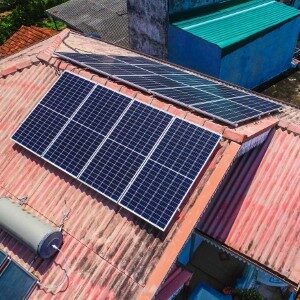
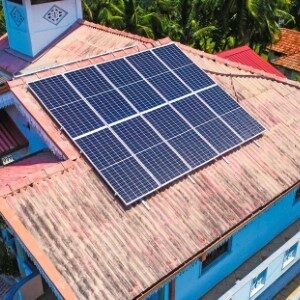
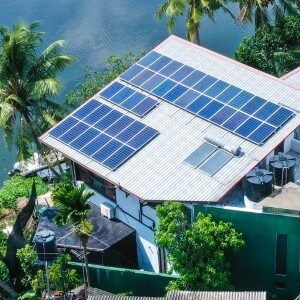
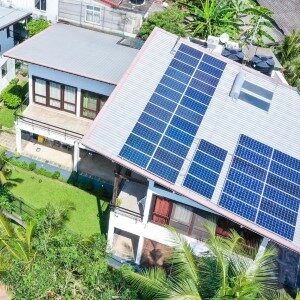
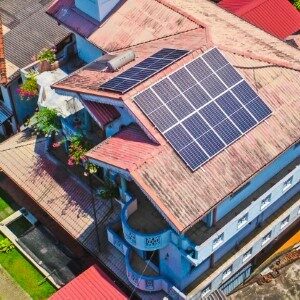
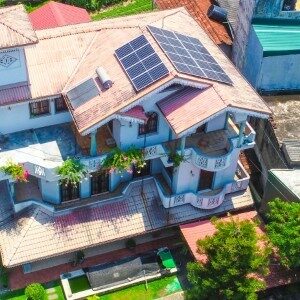
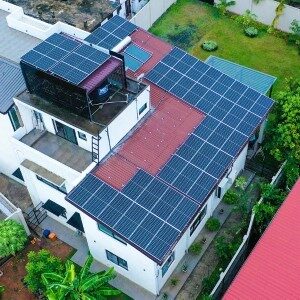
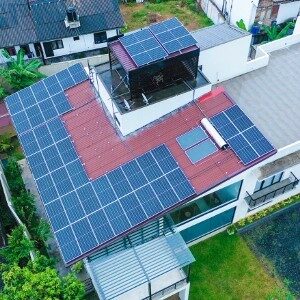
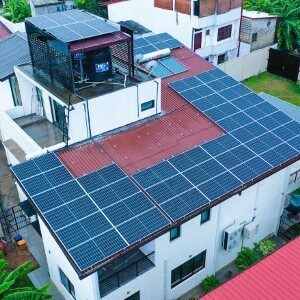

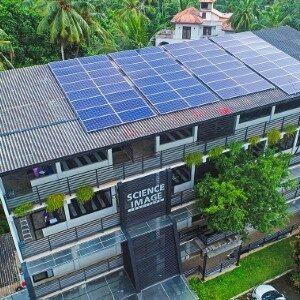
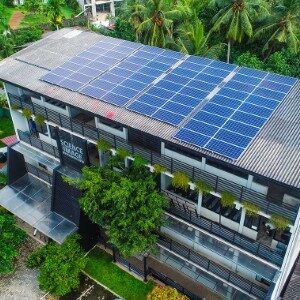
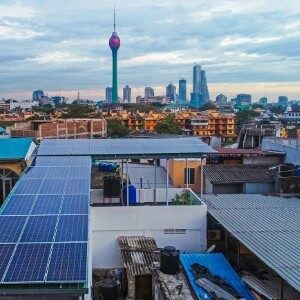
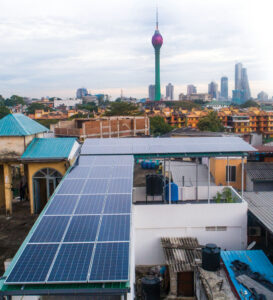
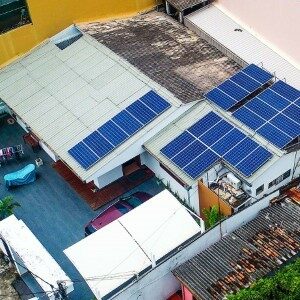
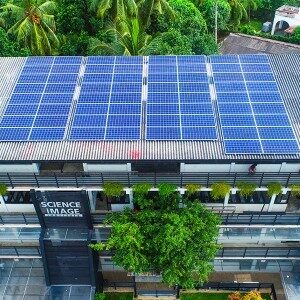
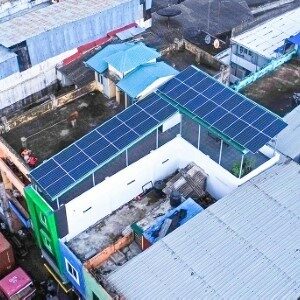
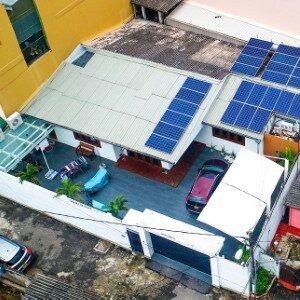
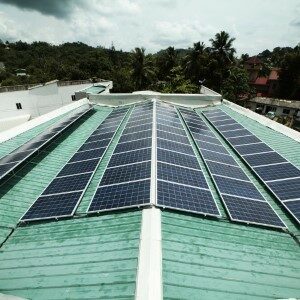
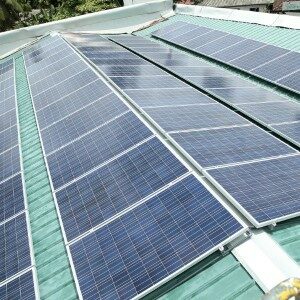
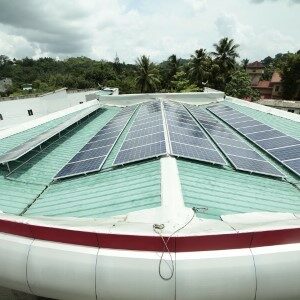
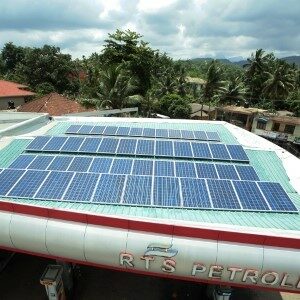
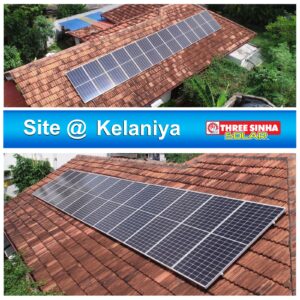
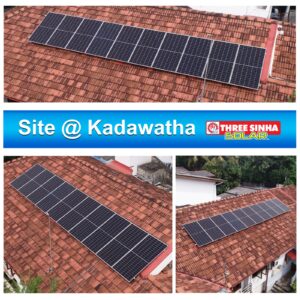
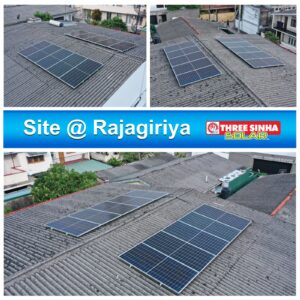
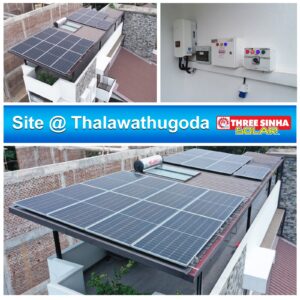
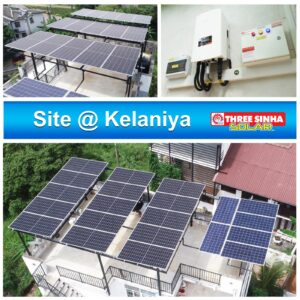
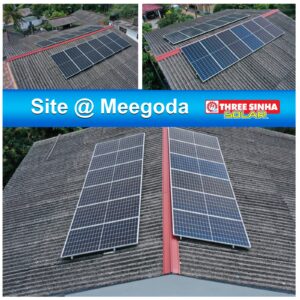
Why choose Three Sinha Solar ?

Backed by the trusted Three Sinha Group
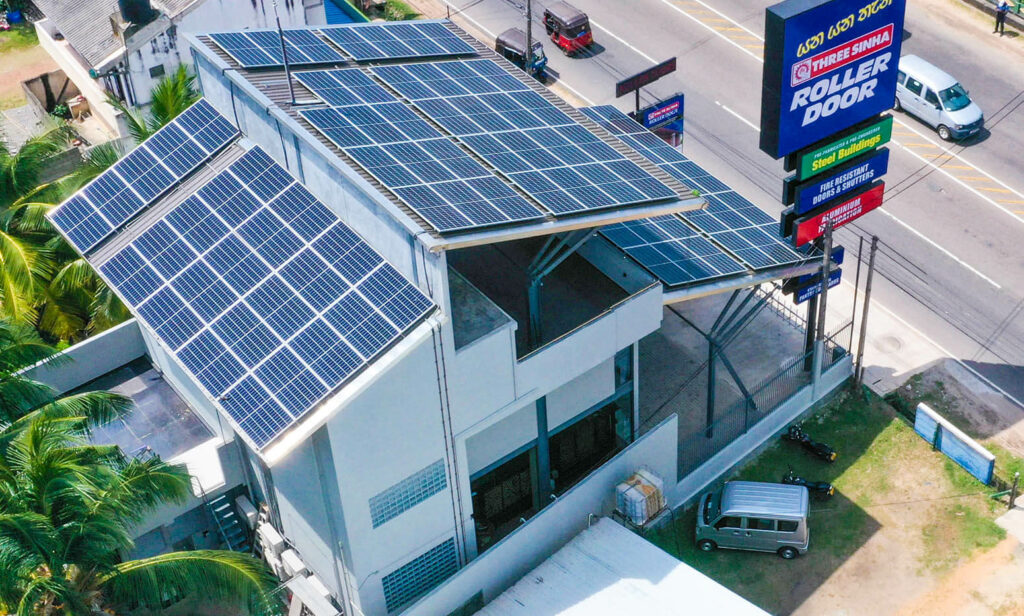
Easy to maintain
Solar energy systems generally don’t require a lot of maintenance. You only need to keep them relatively clean, so cleaning them a couple of times per year will do the job. Also, as there are no moving parts, there is no wear and tear. So, after covering the initial cost of the solar system, you can expect very little spending on maintenance and repair work.
Provides Clean, Renewable Energy
Among all the benefits of solar panels, the most important thing is that solar energy is a truly renewable energy source. It can be harnessed in all areas of the world and is available every day. We cannot run out of solar energy, unlike some of the other sources of energy. Solar energy will be accessible as long as we have the sun, therefore sunlight will be available to us for at least 5 billion years when according to scientists the sun is going to die.
Reliable and Immune to Fails
Solar power is reliable. Many homeowners favor solar energy because it is virtually immune to potential failings of utility companies, mainly in the form of political or economic turmoil, terrorism, natural disasters, or brownouts due to overuse. Rolling blackouts are a part of regular life in Sri Lanka and solar power could help you stay connected even when there is a power outage.
Economical
In the long run, solar power is economical. Even though solar panels and installation involve some expenses, this cost is soon offset by savings on energy bills. Eventually, you will produce a profit on your use. . The average solar unit in Sri Lanka is about 5–6 KWs. How much you will save depends on how big your array is, the capacity of your storage system, and the weather—and, of course, where you live and the sunlight available to you.
